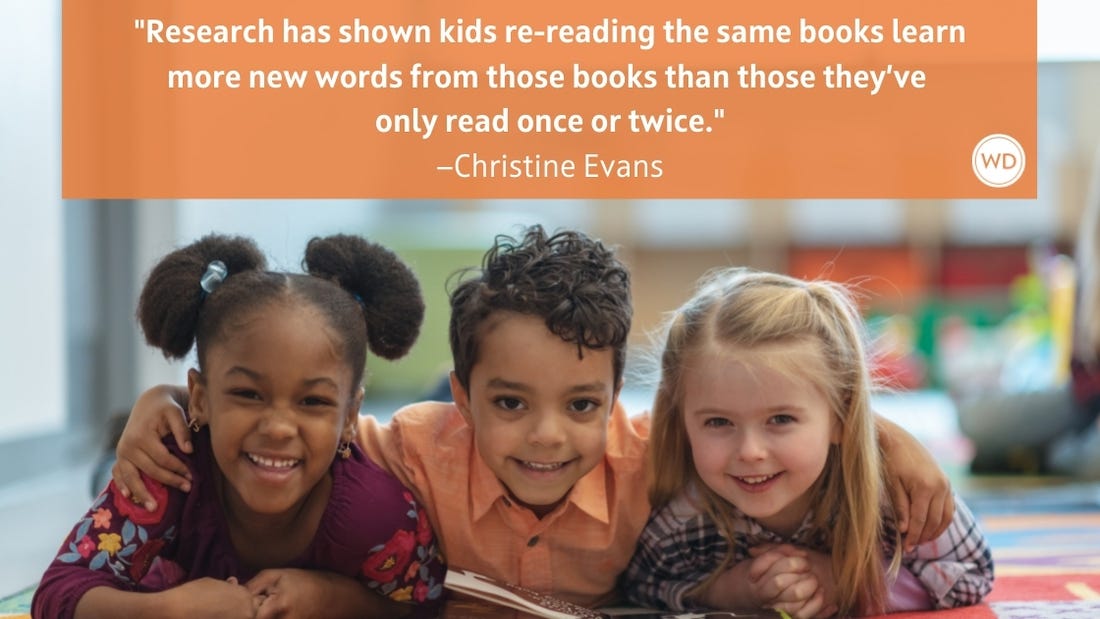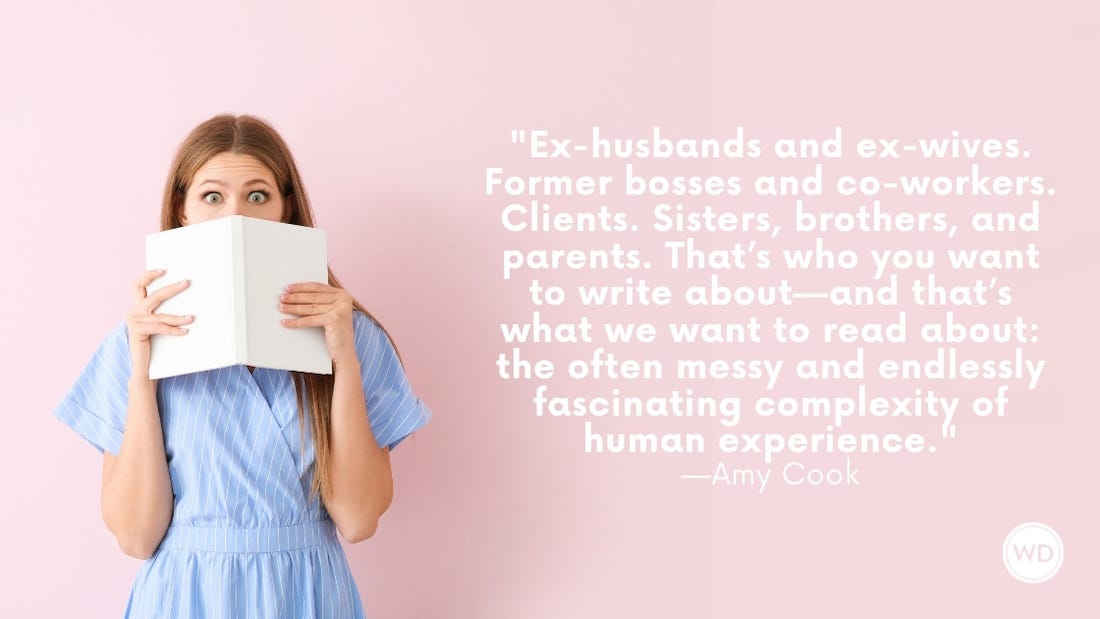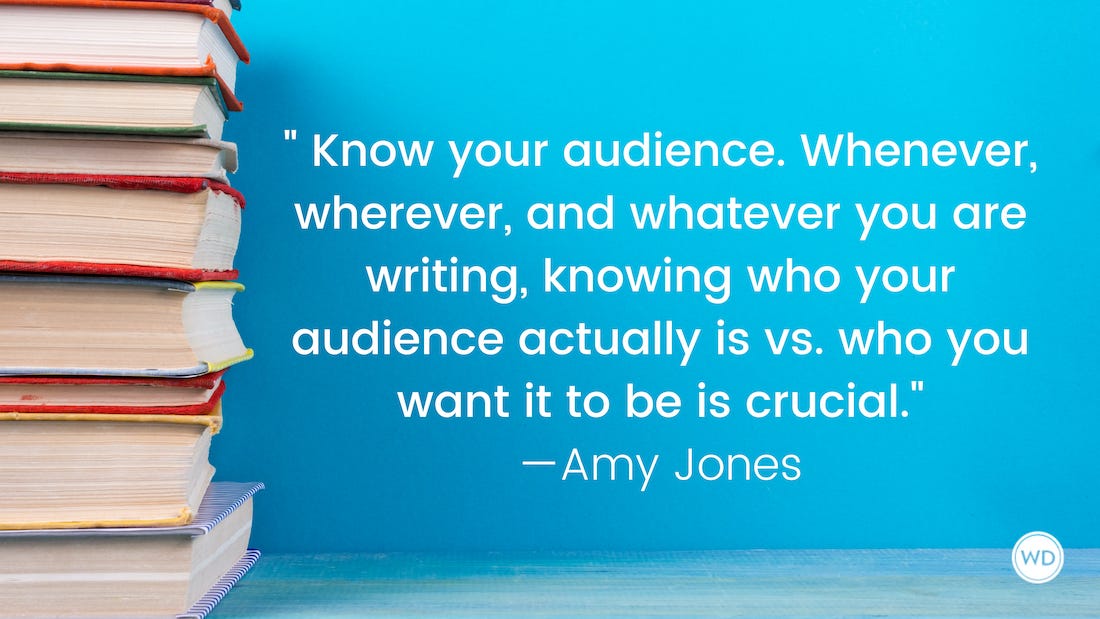READER QUESTION: How Do I Show My Character Is Avoiding Profanity?
I wonder how you would indicate that a character was holding back from using foul language – if his mother was in the room or something. Is it clear enough…
I wonder how you would indicate that a character was holding back from using foul language - if his mother was in the room or something. Is it clear enough to say, for example: Or is there perhaps a more elegant way to do it?Best regards
Hey, screenwriters--
Today's question comes from loyal reader Justin, a screenwriter who writes:
"Hi, Chad--
ARNOLD
(Holds back from swearing)
What the f---?
Justin"
Well, Justin, I'm gonna make this short and sweet: yes. I think what you've written is a fine way of showing a character holding back from swearing.
On one condition.
That the character, and not the writer, is the one refusing to swear.
In other words... I sometimes get screenplays in which the writer is clearly avoiding profanity (and I'm gonna be honest-- I see it a lot in the annual Writers Digest screenwriting competition). Which is fine-- I'm all for clean entertainment-- as long as it's appropriate to the style, tone, and world of the story.
In other words... I sometimes see writers ducking profanity in scenes or stories where it would otherwise be appropriate: a battle scene, a frat house, a gangster shootout, two teenagers hanging out, a couple having hot sex. But profanity, used correctly, is not only often appropriate in certain scenes... it's necessary to make the audience believe they're real. It's a simple fact of life: people swear. Soldiers, frat guys, gangsters, lovers in the throes of passion, teenagers out of earshot of adults... and, of course, ordinary people going through their days.
In fact, avoiding profanity where it's appropriate can undercut the power of your storytelling.
Take these swatches of dialogue from different characters and situations:
A BATTLE SCENE
EXT. BATTLEFIELD
The battle rages. Bombs explode. Gunfire crackles. Sirens blare. Tony struggles to pull Gregor to his feet.
TONY
You are not fucking dying today!
Do you hear me?! Get the fuck up!
GREGOR
My leg... I can't feel my fucking
leg...
TWO TEENAGE GUYS
INT. CAR
SHANE downs the Beam and hands the bottle to ERIC.
SHANE
What a bitch. Don't take that
shit from her.
ERIC
Easy for you to say.
SHANE
Dude. If my mom pulled that shit with
me I'd crack her across the skull.
Wham. Just like that.
A LOVE SCENE
INT. BEDROOM
Smokey looks at Shondra, splayed out acorss the bed.
SMOKEY
I've... uh... I've never really done
this before.
SHONDRA
What? Fucked a hooker?
SMOKEY
Could you... not use that word?
SHONDRA
Well, it's what I am, baby. A
hooker. We fuck.
In each of these snippets-- two men struggling to survive a war, two teens venting about their parents, and a man visiting his first prostitute-- profanity not only seems appropriate, it's almost necessary to illustrate the reality of the situation. Look at the edited versions...
A BATTLE SCENE - TAKE TWO
EXT. BATTLEFIELD
The battle rages. Bombs explode. Gunfire crackles. Sirens blare. Tony struggles to pull Gregor to his feet.
TONY
You are not fricking dying today!
Do you hear me?! Get up now!
GREGOR
My leg... I can't feel my stupid
leg...
The meaning of the lines themselves haven't changed, but the softness of the language works against the urgent life-and-death stakes of the scene. People about to be blown to pieces aren't concerned about watching their mouths... their language is as extreme as the situation they're trying to survive.
TWO TEENAGE GUYS - TAKE TWO
INT. CAR
SHANE, 16, downs the Beam and hands the bottle to ERIC, 14.
SHANE
What a loser. Don't take that
garbage from her.
ERIC
Easy for you to say.
SHANE
Dude. If my mom was that mean
I'd crack her across the skull.
Wham. Just like that.
Again-- the sentiments of the lines haven't
changed, but removing the adult language betrays what these kids are doing-- trying to behave like adults: drinking, venting about relationships, and-- perhaps most importantly-- speaking and expressing themselves like adults.
A LOVE SCENE - TAKE TWO
INT. BEDROOM
Smokey looks at Shondra, splayed out acorss the bed.
SMOKEY
I've... uh... I've never really done
this before.
SHONDRA
What? Had sex with a hooker?
SMOKEY
Could you... not use that word?
SHONDRA
Well, it's what I am, baby. A
hooker. We have sex.
Again, the meanings of the lines remain the same, but the first draft's profanity reflects the raw seediness of the situation. Remove the profanity, the whole scene suddenly seems sterilized and unrealistic.
The point is: people swear. And your job, as an artist, is to reflect the world as you see it as accurately as possible. Which doesn't mean you can't see a cleaner, profanity-free world... as long as it's an honest reflection of the world you see. But to compromise your vision... to sanitize the world in order to avoid profanity on principle... is usually a recipe for weak writing.
Anyway, Justin-- I realize this was a long-winded answer to a question you may not have asked, so thanks for bearing with me.
But like I said, I occasionally see this... and while no producer or executive is ever looking for profanity, the obvious avoidance of it is an immediate turn-off, because it means the writer isn't being true to his or her own vision.
So next time you're tempted to hit the delete key over whatever four-letter word has slipped out... trust me: leave that shit in. It will, most likely, make your writing stronger.
Jane Friedman is a full-time entrepreneur (since 2014) and has 20 years of experience in the publishing industry. She is the co-founder of The Hot Sheet, the essential publishing industry newsletter for authors, and is the former publisher of Writer’s Digest. In addition to being a columnist with Publishers Weekly and a professor with The Great Courses, Jane maintains an award-winning blog for writers at JaneFriedman.com. Jane’s newest book is The Business of Being a Writer (University of Chicago Press, 2018).








